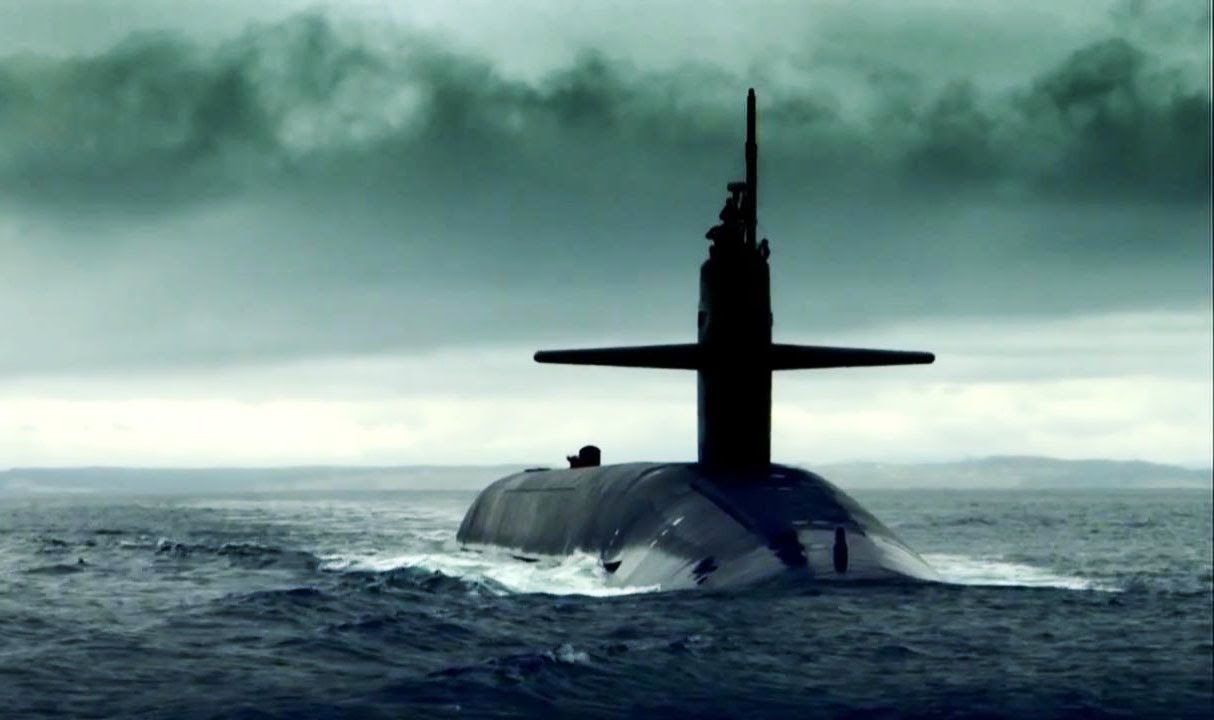
Advertisement
(Cyberwar.news) GOP presidential nominee Donald J. Trump touched off a media firestorm recently when he jokingly called on Russia to find thousands of missing emails from his Democratic rival, Hillary Clinton. Many who have criticized him for those comments say he has, in essence, encouraged Moscow to hack into American IT systems.
But the fact of the matter is, Russia – and China, and North Korea, and Iran, and others – have already been probing and hacking U.S. businesses and governmental systems for years, so Trump’s words really weren’t all that significant or damaging.
That said, it’s important to note that the United States is no stranger to the cyber world.
As noted by the Washington Post, in fact, America’s approach to this cyber realm is fairly advanced. For instance, few people know that the Pentagon utilizes our advanced, super-quiet submarine fleet as underwater hacking platforms.
The fact is submarines are a very important part of U.S. cyber strategy. While they serve to defend the country and protect, in part, against hacking attacks, they are also utilized to launch such attacks, two Navy officials said at a recent conference in Washington, D.C.
“There is a — an offensive capability that we are, that we prize very highly,” Rear Adm. Michael Jabaley, the U.S. Navy’s program executive officer for submarines, said, the Post reported. “And this is where I really can’t talk about much, but suffice to say we have submarines out there on the front lines that are very involved, at the highest technical level, doing exactly the kind of things that you would want them to do.”

The “silent service” has long been utilized in the information technology arena to get an edge on U.S. rivals. For instance, in the 1970s the U.S. government instructed Navy subs to tap undersea communications cables off the coast of Russia. The vessels recorded messages that were being relayed back and forth between Soviet military forces and government installations.
Today, U.S. subs are outfitted with sensitive, sophisticated antennas that are used to manipulate and intercept others’ communications traffic, especially on weak, unprotected systems.
“We’ve gone where our targets have gone” — which means online, according to Stewart Baker, the National Security Agency’s former general counsel, in an interview with the paper. “Only the most security-conscious now are completely cut off from the Internet.”
He added that cyberattacks are a lot easier to conduct than to defend against.
Some subs are more involved in the cyber realm, like the USS Annapolis, the Post noted, which is part of a much wider spying network than was divulged by former NSA contractor Edward Snowden in 2013.
The vessel and its sister subs “are the infiltrators of the new new of cyber warfare,” wrote Adam Weinstein and William Arkin last year for Gawker’s intelligence and national security blog, Phase Zero, “getting close to whatever enemy — inside their defensive zones — to jam and emit and spoof and hack. They do this through mast-mounted antennas and collection systems atop the conning tower, some of them one-of-a-kind devices made for hard to reach or specific targets, all of them black boxes of future war.”
More:
- Clinton Campaign: Hack Of DNC Emails Work Of Russian Intelligence
- Terrorists Gaining Cyberwar Capabilities To Paralyze Major Cities, Says UK Security Chief
- Air Force Launches Second Cyber Weapons Platform In Bid To Bolster Pentagon’s Defensive Capabilities
Cyberwar.news is part of USA Features Media.
Submit a correction >>
This article may contain statements that reflect the opinion of the author
Advertisement
Advertisements
















